The Association of Southeast Asian Nations (ASEAN) Summit on Artificial Intelligence (AI) took place in Kuala Lumpur (Malaysia) on August 12-13, in the context that AI has become a force shaping governance, industry, education and daily life.
The event brings together leaders, experts and policymakers from ASEAN countries to build an inclusive, safe and disruptive AI future.
More than just a forum for knowledge sharing, the conference also promotes regional cooperation based on common principles, trust and a collective vision. Malaysian Digital Minister Gobind Singh Deo likened AI to the story of four scientists who invented insulin - a challenge too big to solve alone.
He stressed that no country can cope with the impact of AI alone; this requires cooperation, knowledge sharing and pooling of strength - inherent values of ASEAN.
The conference, he said, is a testament to the belief that AI must develop responsibly, inclusively, and reflect the region's diversity.
To prepare for the AI era, ASEAN countries are implementing their own national strategies while still working towards a common regional vision.
Minister Singh Deo said Malaysia aims to turn its AI vision into tangible, inclusive outcomes. The government is committed to AI benefiting both urban and rural areas.
Malaysia is expanding AI skills programs nationwide, nurturing a generation that proactively shapes technology. The country supports research and encourages startups to develop AI solutions that are linguistically, culturally, and regionally relevant to agriculture, healthcare, education, and sustainability.
At the same time, Malaysia prioritizes enhancing high-performance computing infrastructure, helping small businesses, universities and researchers access advanced technology.
Malaysia also places a strong emphasis on affordability, considering cost as a key factor alongside infrastructure and skills. The government is committed to providing affordable AI tools and services, creating equal opportunities for all citizens.
Central to the transformation is the data protection ecosystem, including the 2026-2030 digital trust and data security strategy, with an independent data commission overseeing it.
At the event, Cambodian Minister of Posts and Telecommunications Chea Vandeth said the country is developing an AI strategy in line with national priorities at three levels.
The first is to prioritize the development of AI talent, expand data, computing capacity and essential technology. The second is overall digital transformation, with digital government leading the application of AI in the public sector, along with digital citizens and digital businesses. The third is sectoral application, focusing on healthcare, education and cybersecurity.
Meanwhile, Brunei's Minister of Transport and Communications Dato Paduka Haji Mustapha noted that technology, including AI, must serve people, values and national development.
The core of the policy is to protect sovereignty, cultural identity and control of data. Brunei also prioritizes building trust, promoting transparency and protecting privacy.
The future of AI in ASEAN will not be determined by any single country, but will be shaped by cooperation, regulation and shared trust-building. Multilateral cooperation is key to creating legitimacy and trust for effective AI governance.
The summit sent a clear message: ASEAN is not waiting for the future but is proactively shaping it responsibly and in its own way.
Rather than standing on the sidelines, the region is positioning itself as the “architect” of a technological future that reflects diversity, promotes shared prosperity, and preserves regional values.
It is essential for countries to ensure interoperability to build successful AI ecosystems. Standards, laws and policies must be able to “talk” to each other, creating a unified platform that opens up huge opportunities in a global environment.
According to Malaysia’s Digital Minister Singh Deo, the country is contributing to ASEAN’s “trust architecture” through its adherence to regional initiatives such as the AI Ethics and Governance Guidelines, the AI Safety Net, and the ASEAN Services Cooperation Strategy 2026-2030.
These efforts will enable AI to operate safely across legal borders and ensure consistent data governance.
ASEAN faces many challenges in its journey to build a shared AI future. The risk of fragmentation is present as countries have different levels of infrastructure, human resources, and finance, leading to uneven AI identities. Disparities in affordability may also deepen the “AI gap.”
In addition, AI poses significant societal risks, from the spread of misinformation and fake news to privacy and data security violations. Many sensitive areas such as healthcare, finance, education or cybersecurity require context-based risk assessments to avoid unintended consequences.
Another challenge is building institutions that are flexible enough to adapt to a changing technological environment. In an era where rules can change rapidly, institutions need to be able not only to enforce, but also to learn, question assumptions, and adjust in real time.
Speaking via video at the conference, UN Under-Secretary-General for Digital and Emerging Technology Amandeep Singh Gill affirmed: only through multilateral cooperation, where every country has a voice, can legitimacy and trust be created for effective AI governance.
The ASEAN AI Summit in Malaysia 2025 marks a significant milestone, demonstrating the region’s collective commitment to bridging the digital divide, protecting society and fully harnessing the potential of innovation.
This future is envisioned as inclusive, safe and distinctive, where technology serves people and enhances quality of life.
ASEAN is working together to create an interoperable, sustainable “architecture of trust” and AI ecosystem that is poised to deliver huge opportunities globally.
This is the time for the region to choose to act with a clear vision, become proactive architects of the future, and contribute valuable experience to the world./.
Source: https://www.vietnamplus.vn/asean-dinh-hinh-tuong-lai-cua-tri-tue-nhan-tao-post1055516.vnp




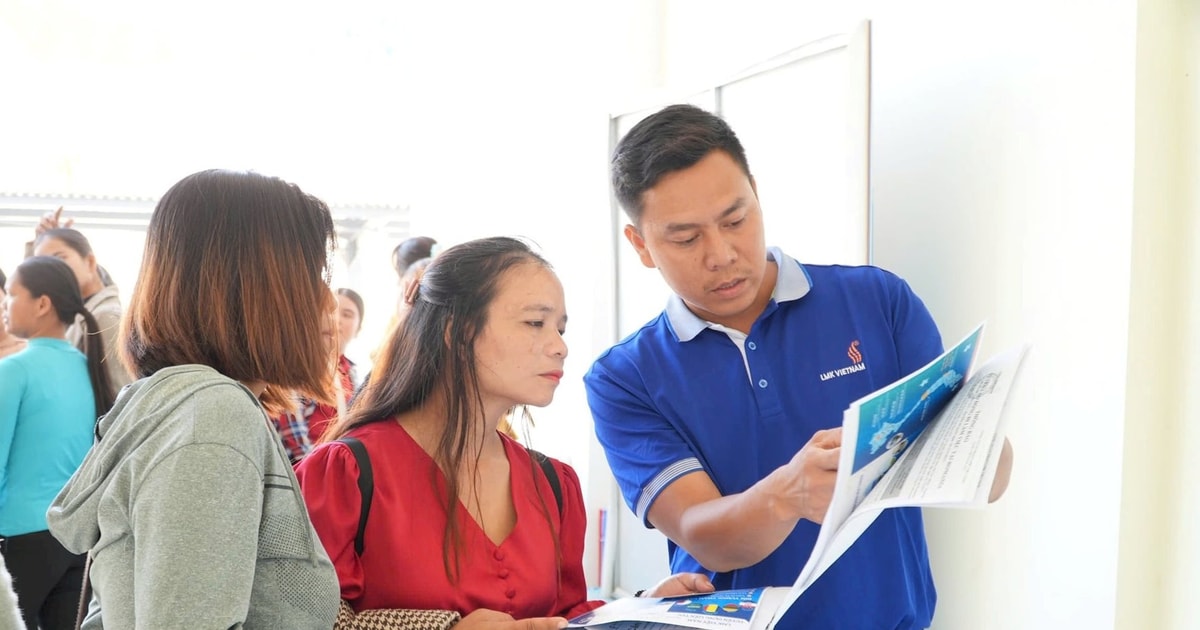
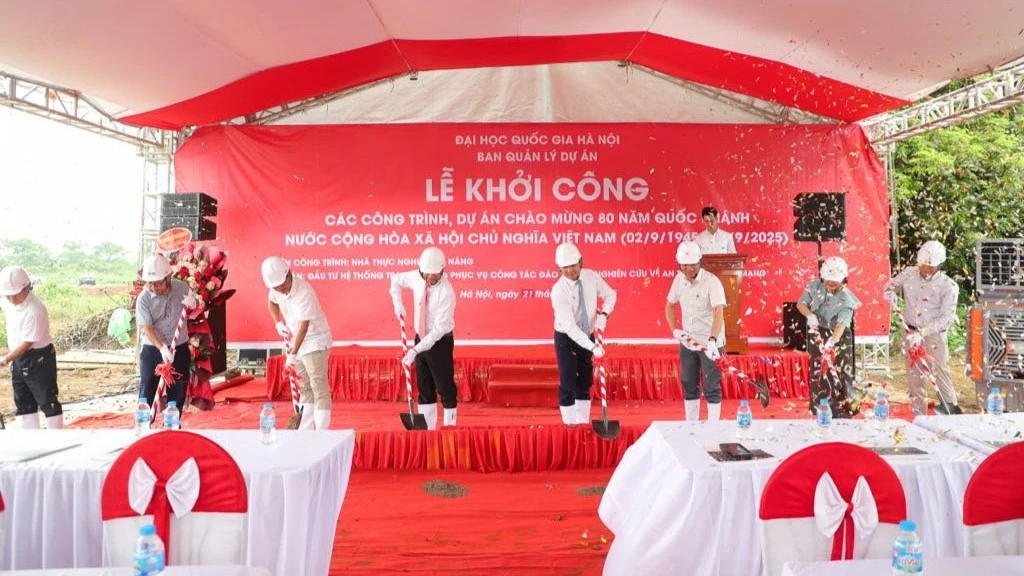
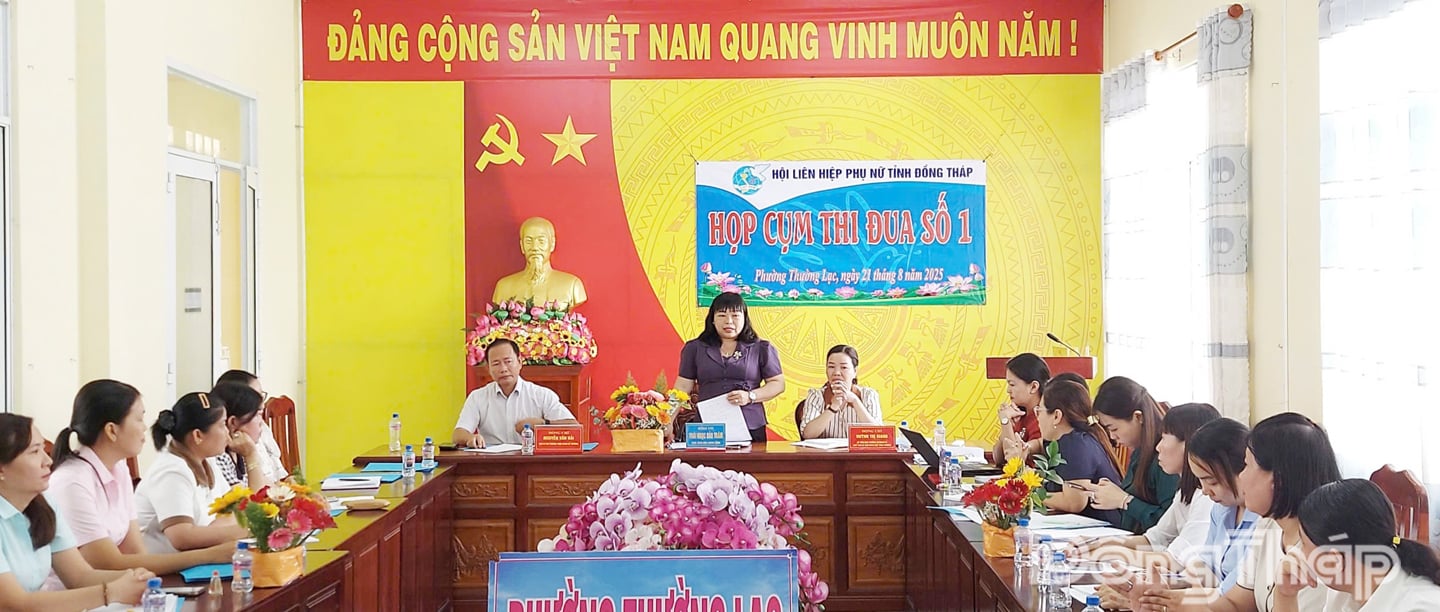

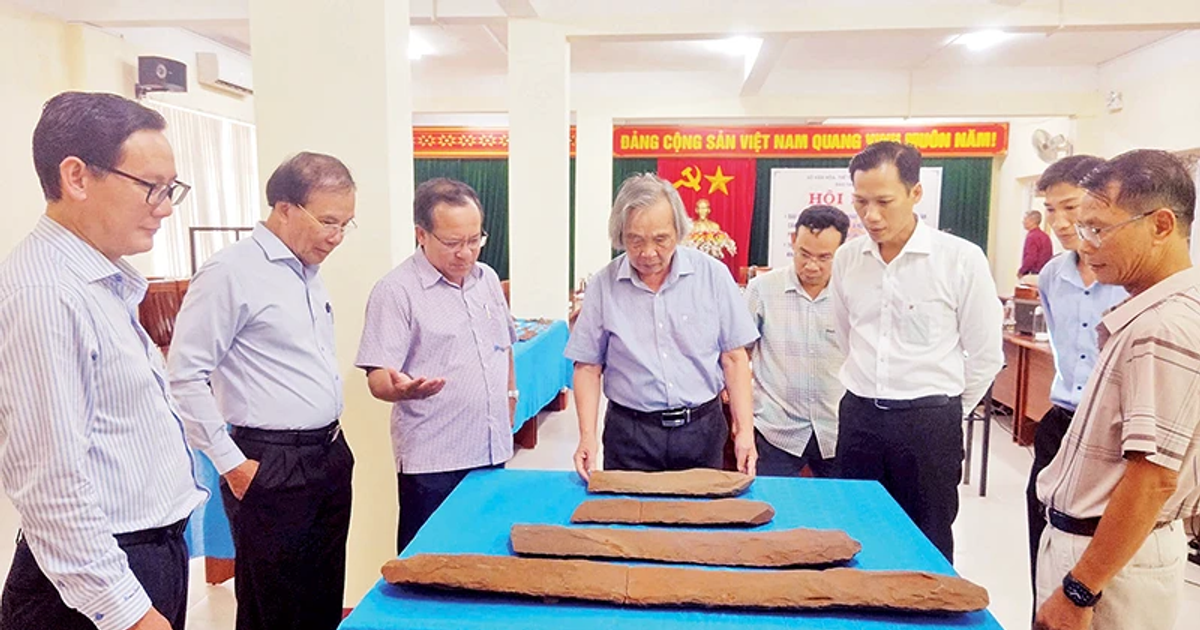
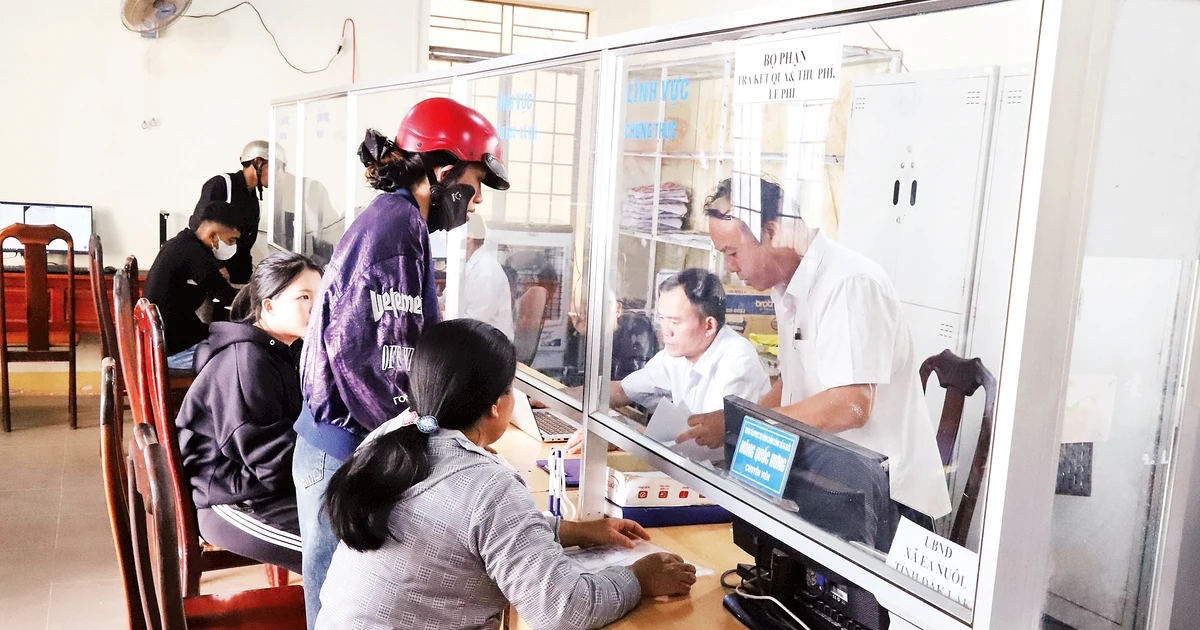
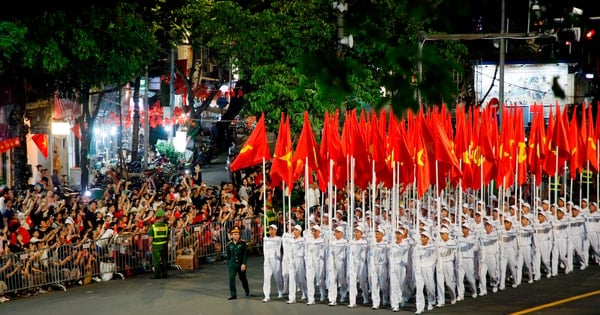

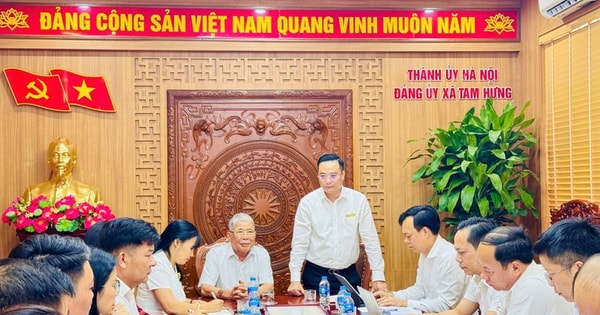


















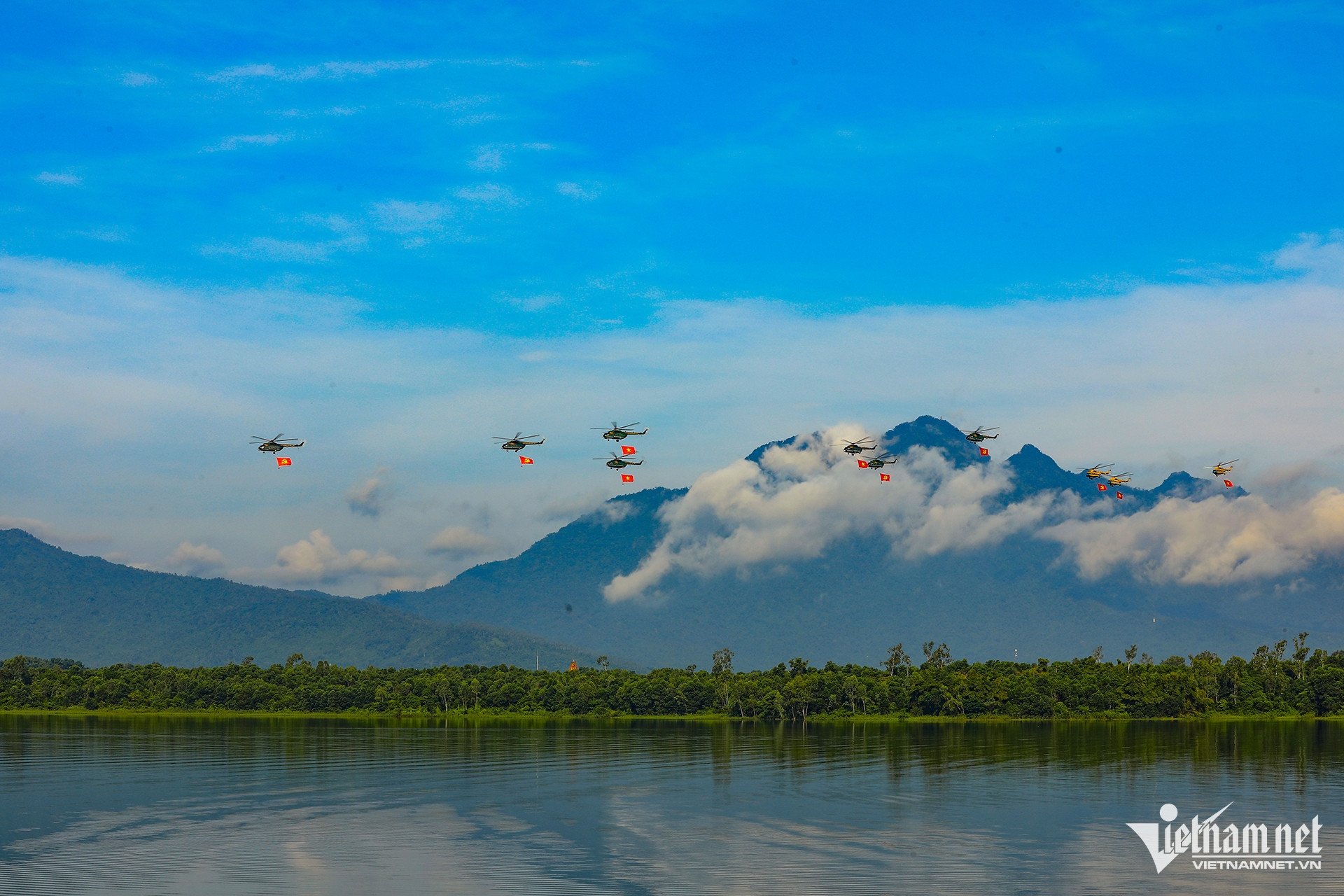
![[Photo] An Phu intersection project connecting Ho Chi Minh City-Long Thanh-Dau Giay expressway behind schedule](https://vstatic.vietnam.vn/vietnam/resource/IMAGE/2025/8/21/1ad80e9dd8944150bb72e6c49ecc7e08)































![[Photo] Politburo works with the Standing Committee of Hanoi Party Committee and Ho Chi Minh City Party Committee](https://vstatic.vietnam.vn/vietnam/resource/IMAGE/2025/8/21/4f3460337a6045e7847d50d38704355d)
































Comment (0)